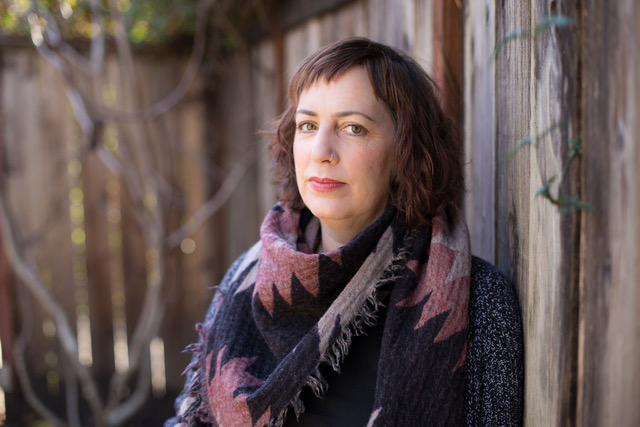When Writing Goes Wrong: Why our obsession with creative productivity is soul-killing
By Kaya Oakes
In the early part of June, I participated in an online writing workshop that had been pushed from an in person meeting onto Zoom due to the pandemic. After a year of online teaching, online spiritual direction, online therapy, online entertainment, online church and online hangouts with friends and family, I should have been able to read the warning signs after the first day or two. I was grumpy, impatient with other people for not speaking up, and hard on myself every day when I’d leave the morning Zoom meeting and fail to get any writing done. To be fair, these check-ins happened at 7AM my time. I don’t think anyone should be required to be coherent that early in the day.
After a day or two, the morning check-ins felt like people simply talking about how much writing they were doing. All writers do this: we share word counts on social media when we’re working on a big project, we participate in absurd competitions like NaNoWriMo where you’re supposed to write an entire novel in a month, even if it’s garbage, just to say you did it, and we tweet and Instagram about every byline we land. It’s natural to be proud of your work. But in this capitalistic environment where the harder someone works and the more they produce the more they’re admired for their “hustle,” the truth is that quantity often outweighs quality when it comes to writing.
The irony is that this workshop was specifically for people working in the realm of spiritual and religious writing, yet we too kept falling for the productivity trap. And up until 48 hours before this workshop started, I was in fact writing, finishing edits on the book I have coming out this fall, finishing up grades for the semester, and scoring placement exams for the 70 thousand first year writing students who will begin at the eleven University of California schools in the fall. Not to mention the constant battle with email, cooking, cleaning, shopping and laundry. I was fried to a crisp.
In spite of this, every time I or someone else muttered “I didn’t write much today,” we sounded like a penitent in confession, and “I wrote a lot today” from someone else made me further beat up on myself for not getting much of anything done. In spite of the fact that I was showing every sign of extreme burnout and mental exhaustion for very good reasons, my lack of productivity made me feel like I was wasting everyone’s time, when all I wanted to do was eat tacos, binge watch Mare of Easttown, and take day naps.
When creativity becomes an obsession with productivity, we have lost the plot that leads us back to why we wanted to be creative in the first place. Creativity is a gift, both in the sense of living among God’s creation and how we choose to celebrate and honor our part in that. And to be creative enough to keep making art of any sort during the pandemic, while witnessing violence against Black and Asian Americans unfold daily, while climate catastrophes are threatening the places where we live, is miraculous. Somehow, I wrote a book last year, but every word of it was a moment not spent with friends and family due to the pandemic. Even now, I don’t understand how I did it. Even if I had written one sentence, one paragraph, one page or one chapter, it still would have been miraculous.
All creative work is a miracle. This is what Jesus is telling us when he reminds us “do not worry about your life, what you will eat or what you will drink, or about your body, what you will wear. Is not life more than food, and the body more than clothing?” (Matthew 6:25) To my friends on that writing retreat and to myself, I wish in retrospect I had said this: do not worry about your word count, whether or not you have a publisher, who will read what you write. Just write; create, and receive the gift. Or don’t, because sometimes resistance is also a gift when it leads us to rest. But take care of yourselves first.
So ultimately that’s what I did. I stopped making productivity my worth for a few days and ate tacos and watched Mare of Easttown and took naps, and when those days ended and I looked at the emails that had piled up, I was finally ready to turn on my vacation auto-responder, which reads (in a paraphrase), “I am taking time for writing and will get back to you later.” Productivity, it turns out, can only come after rest. Expecting anything else is turning our creative generativity into Mammon. And that is, simply, a waste.
ABOUT THE AUTHOR

Kaya Oakes is an essayist and journalist from Oakland, California. Her fifth book, The Defiant Middle: How Women Claim Life’s In-Betweens to Remake the World, will be released in November, 2021. She teaches writing at UC Berkeley.




